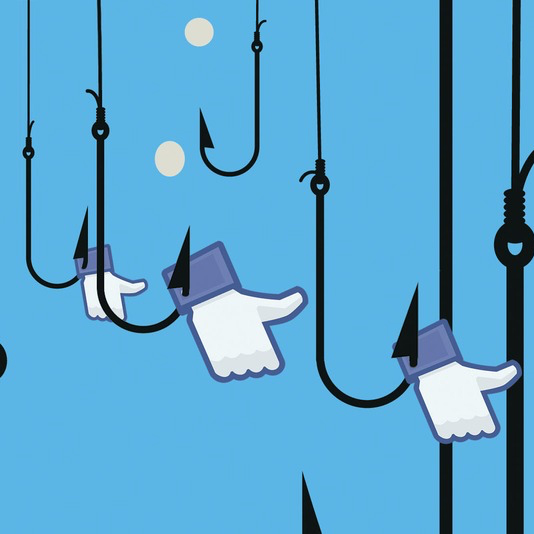 New algorithm takes aim at those breathless, compelling “I was blown away” come-ons.
New algorithm takes aim at those breathless, compelling “I was blown away” come-ons.
“When I clicked on the video I couldn’t believe it!”
We’ve all done it. We saw the post and couldn’t resist clicking…on the most adorable baby, the cutest porcupine in a sweater, the more outrageous cheerleader moment…
And we’ve all been slightly chagrined that we fell for it. Again. We’ve fallen for the clickbait, big business for many on social media.
Now Facebook wants to protect us from ourselves and give us less of the stuff we don’t want to see (but secretly deep down do, or else why would we be clicking it?) Facebook convened a Feed Quality Panel to help them understand “what stories people are keen to see, even if they aren’t going to click,” writes Kirsty Styles in The Next Web.
“From that it’s created a metric that it hopes will work better for its users when it’s deciding which stories make it to the top of your feed, particularly in order to ‘rebalance’ away from stories that are just designed to get lots of clicks,” Styles continues.
Where does that leave businesses that are creating content to drive views?
“For Facebook Page owners, that could mean a decrease in traffic if they’ve been artificially engineering clicks for stories that people wouldn’t otherwise want to read,” she explains. The trouble with this seems to be in semantics…any piece of content created to be shared on social media could be accused of “artificially engineering clicks.”
James Hamblin, MD wrote in The Atlantic a brilliant piece helping us understand the real definition of clickbait, and some of his explanation may surprise you. At the end of the day it comes down to this: Has the publisher delivered on their promise, or left the reader with unmet expectations?
Meanwhile, content creators worth their salt do understand that it’s not always about the clicks, but about the relationships we build on the other side of the “share” button. We think this could be a positive change in Facebook’s algorithm, as long as it keeps the stuff we want to see coming through.

August 31, 2016, 7:54 am